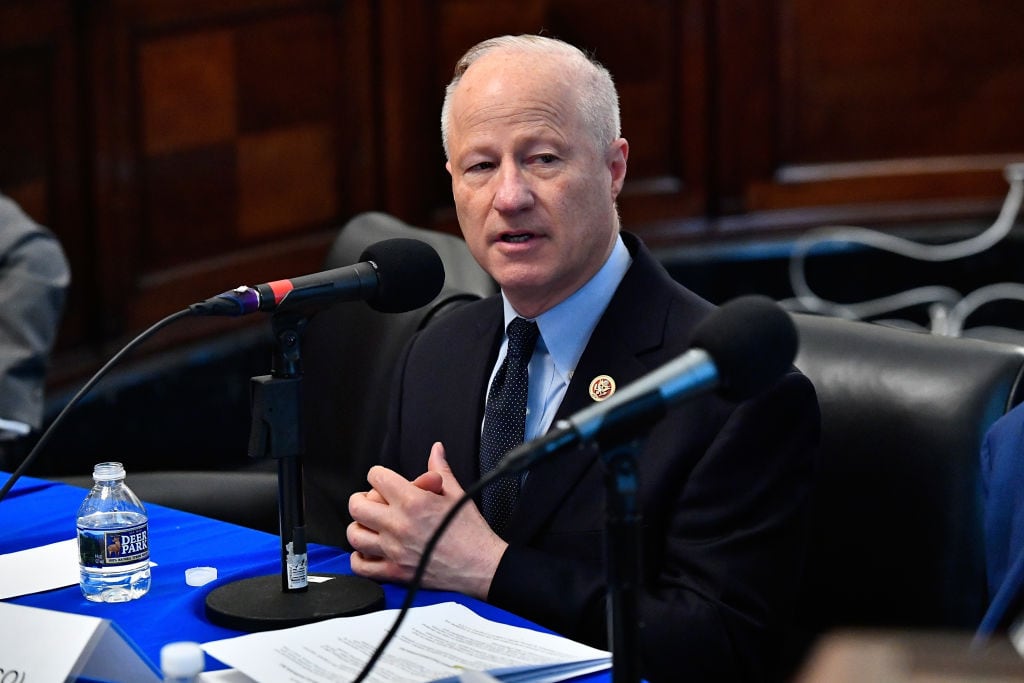NATIONAL HARBOR, Md. — Days after the U.S. Air Force released a Space Force memo that seemed to contradict a plan laid out by Deputy Secretary of Defense Patrick Shanahan, the No. 2 at the Pentagon downplayed any differences of opinion.
“There is no group thinking at the Pentagon,” Shanahan told an audience at the Air Force Association’s annual conference. “We’re really wrestling with the ‘how.’ If we drew a Venn diagram of what it is we want to accomplish, everything lays on top of each other. The how? We come at the Space Force from a lot of different directions.”
Shanahan called the process of standing up a new service “intimidating,” given the “very short period of time it’s been thrust upon us to create” the new organization and how much time has passed since the last military branch was stood up — the U.S. Air Force, this week celebrating its 71st birthday.
Click here for more coverage from the Air Force Association annual conference!
He also said the Pentagon intends to deliver a legislative proposal on a Space Force creation to Congress in February, and promised the headquarters for the new potential military branch would be “lean.”
On Monday, a memo appeared from Air Force Secretary Heather Wilson outlining the service’s views on standing up a Space Force. The memo differentiated from Shanahan’s own memo, leaked earlier in the year, including by advocating for increased integration with the National Reconnaissance Office and objecting to the White House’s plan to install an assistant secretary of defense for space to help guide the transition.
While not directly addressing those issues, nor commenting on the service’s price estimate of $13 billion over five years, Shanahan noted that “while there’s plenty of debate about the ‘how,’ we are united by the ‘why’ ” on standing up the new service.
RELATED

The deputy also tried to downplay concerns that the service’s Space and Missile Command could be impacted by the new service, saying: “How does the Space and Missile Command fundamentally change? It doesn’t, to me.”
“Space command will develop space war-fighting doctrine, tactics, techniques and operations, and improve integration across combatant commanders and services. The Space Development Agency will support rapid produce development and leverage the commercial space” industry, Shanahan said, adding that a rapid capabilities office “on steroids” would be a good option for the Space Development Agency.
He also praised Wilson several times during his speech, noting her understanding of how best to navigate Congress.
More broadly, Shanahan said the department has a chance to implement the ideas put forth in the National Defense Strategy, but acknowledged that the Pentagon has a limited opportunity to pull it off before Congress turns skeptical.
“We have a unique window of opportunity. Congress is behind us and given us the money we need,” he said. “However, if we don’t deliver results, Congress won’t lift the budget caps in 2020 and we won’t have the money to fully implement our strategy. Congress won’t be impressed because we tried hard. They will judge our output, so we need to get to work.”
Aaron Mehta was deputy editor and senior Pentagon correspondent for Defense News, covering policy, strategy and acquisition at the highest levels of the Defense Department and its international partners.








